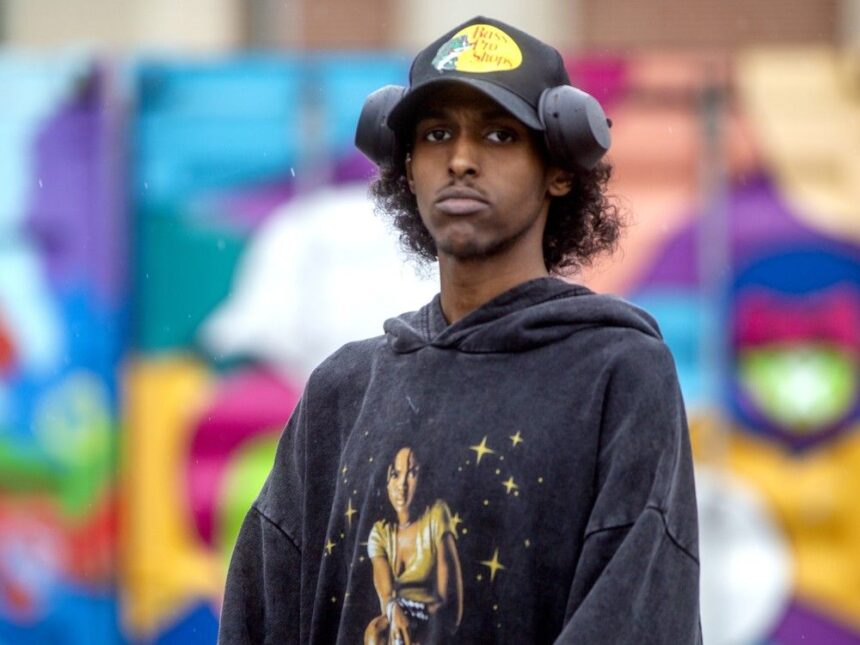As I settle into my familiar spot at City Hall, the morning light streams through the windows, illuminating a scene I’ve witnessed countless times during my years covering Ottawa politics. Today, however, the atmosphere feels different – there’s a palpable sense of urgency as community leaders gather to address one of our city’s most persistent challenges.
Youth homelessness in Ottawa has reached concerning levels, with recent data from the Alliance to End Homelessness Ottawa showing a 21% increase in young people accessing emergency shelters over the past year. The faces behind these statistics have become increasingly visible in our downtown core, a stark reminder of systemic failures that continue to challenge our community.
“We’re facing a perfect storm,” explains Kaite Burkholder Harris, Executive Director of the Alliance. “Rising housing costs, inadequate mental health supports, and the lingering economic impacts of the pandemic have created unprecedented barriers for vulnerable youth.”
Yesterday’s announcement of the “Ottawa Youth Housing First” initiative marks what many stakeholders describe as a potential turning point. The comprehensive program, backed by $8.2 million in federal and provincial funding, aims to provide not just emergency shelter but sustainable housing pathways for youth aged 16-24 experiencing homelessness.
Walking through Centretown last week, I spoke with Marcus, a 19-year-old who has navigated homelessness for nearly two years. “People think we’re just looking for handouts,” he told me, his breath visible in the crisp autumn air. “What we need are opportunities – a chance to get stable so we can actually build something.”
The new initiative seems designed with stories like Marcus’s in mind. Rather than continuing the cycle of temporary solutions, the program adopts a “housing first” approach that prioritizes getting youth into stable housing quickly, then surrounding them with comprehensive supports.
“The evidence is clear that housing first works,” says Councillor Catherine McKenney, who has long advocated for this approach. “When young people have stable housing, they can actually address the underlying challenges that contributed to their homelessness in the first place.”
The program’s three-pronged strategy includes immediate access to housing subsidies, dedicated mental health and addiction support services, and education and employment pathways. City officials estimate it could help up to 300 youth annually once fully implemented.
But skepticism remains among some community advocates. Having covered similar announcements over my career, I’ve observed how initial enthusiasm can fade when implementation challenges emerge.
“The devil is always in the details,” notes Jason Pino, who runs Youth Services Bureau’s emergency shelter. “We’ve seen promising programs before that didn’t receive sustained funding or didn’t adequately address systemic barriers. The question is whether this initiative has learned from past shortcomings.”
The city’s data reveals troubling trends beyond just increasing numbers. Indigenous youth are significantly overrepresented, making up nearly 25% of homeless youth despite representing only 4.3% of Ottawa’s youth population. Similarly, LGBTQ2S+ youth face disproportionate housing insecurity.
The Youth Housing First initiative explicitly acknowledges these disparities, incorporating culturally specific supports and dedicated resources for particularly vulnerable populations. This represents a shift from previous approaches, which often applied one-size-fits-all solutions.
“We’re finally seeing a program that recognizes the unique challenges faced by Indigenous youth,” says Gabrielle Fayant of Assembly of Seven Generations. “Having Indigenous-led services embedded in the program is essential for creating truly effective supports.”
Funding for the initiative comes primarily from the federal government’s Reaching Home program, with matching provincial contributions and municipal operational support. Mayor Mark Sutcliffe, speaking at yesterday’s announcement, emphasized that addressing youth homelessness remains a priority despite budget pressures.
“This is both a moral imperative and a practical investment,” Sutcliffe stated. “Every young person we help transition from homelessness to stable housing







